 Each stage in your life will require changes in your dietary requirements. Throughout your life, your body will require a balanced diet to provide the correct nutrition for your needs.
Each stage in your life will require changes in your dietary requirements. Throughout your life, your body will require a balanced diet to provide the correct nutrition for your needs.
The changes in your nutrition requirements will reflect the various stages in your life. You will need to understand your own personal requirements alongside the basic needs for vitamins, minerals, protein and calories intake.
Baby Nutrition
Providing a good diet for a new born baby has been shown to promote long-term healthy living.
It is recommended that babies are breastfed for the first 6 months of their life. Breast milk is considered to contain all the antibodies and nutrients that a baby requires for early development.
Whist you are breast feeding; it is important that you maintain a well balanced diet. You may find that you need to eat more than usual to keep up your energy levels.
- Read more about eating a balanced diet while breast feeding.
Some mothers may not find it practical or possible to provide breast milk. For some parents, formula milk offers a healthy alternative. It is recommended that you use a formula milk based on cow’s milk.
After six months, your baby will typically be ready to progress onto solid foods. In the early stages of introducing solid foods into their diet, you can combine it with breast or formula milk to provide all the required nutrients.
- Follow this link for information about weening your baby onto solid foods.
A midwife or nutritionist can offer practical advice if you are unsure about providing a healthy diet for your newborn child.
Pre School Nutrition
After 12 months, your child will be able to begin eating a balanced diet of solid food. Up to five years old your child may need help eating their meals which may need to be cut into easy to manage sizes.
During this early period, you should introduce many examples of the main food groups and try to introduce a variety of healthy foods. It can take up to 20 tastes of a food before a child becomes accustomed to it.
- You should try to introduce fruit and vegetables whenever possible with each meal.
- Healthy smoothies can be a tasty way of getting your child to eat fruit or vegetables.
- You can disguise grated vegetables within sauces to encourage them to eat healthy.
- Try not to feed your child the same food too often as they can become sick of it.
Follow this link for information about feeding your pre school child.
Nutrition for School Children and Teenagers
During the teenage years, there is an increased demand for most nutrients. There is a rapid rate of growth during teenage years which needs to be fueled by a balanced diet.
Ensuring that you eat a balanced diet throughout the teenage yeas can help reduce obesity and improve healthy growth. Many teenagers have deficient diets which include:
- Too much salt, saturated fatty acids and added sugars
- Not enough vitamins and minerals including calcium, zinc, vitamin A, iodine and iron
- Along with moderate exercise, a healthy diet is essential during teenage years.
Find out more about energy and nutrient requirements for teenagers.
Nutritional requirements for Adults
The average adult should retain the same dietary requirements between the ages of 19 through to 50. The major change in an adult’ s nutritional needs is for women during pregnancy and lactation.
The average adult diet in the UK contains most of the required nutrients but is lacking in many vitamins. There is a higher than required amount of salt and saturated fats consumed and too little fibre.
Important nutrients for women include folate, iron and calcium. There is currently a lower than recommended amount of iron in many young women.
For men, important nutrients such as lycopene and selenium can help reduce the risk of prostate cancer.
Bad diet choices and lack of exercise currently results in 33% of women and 41% of men in England being overweight.
Combined with regular exercise, a healthy diet can help prevent serious health risks such as type 2 diabetes, coronary heart disease and stroke.
Find out more about the energy requirements for adults.
Elderly Adults Nutrition
Elderly adults are required to keep up with healthy eating to improve their quality of life during old age.
Many elderly people reduce the amount of physical activity that they undertake and have a decreased basal metabolic rate which means that their energy requirements are not as high as previously.
Supplements of vitamin D are recommended in older people as the body’s ability to absorb it through the skin becomes reduced. Other sources of vitamin D include fortified foods and oily fish.
A good diet which includes the required nutrients, combined with regular exercise can help improve the joint, bone and teeth health of older adults.
Both malnutrition and obesity should be avoided in older people. Malnutrition is common in elderly people who live in institutions. Obesity and overweight is common in elderly people who continue to live at home.
Read more about the nutritional requirements of older adults here.
Nutrition advice throughout your life stages
Throughout your life, you will need to be aware of how important a balanced diet is to your wellbeing and continued health. At each stage in your life your body will require nutrients, vitamins and proteins to help it function healthily.
Planning your meals can be difficult in today’s busy world so finding the right advice is important to create a healthy diet. A trained nutritionist can discuss your particular requirements with you and offer realistic solutions for getting the correct amount of all the foods that your body needs.
There is so much information available about which foods are good and bad that it can sometimes become overwhelming when making healthy choices for you and your family.
Discussing your concerns with a nutritionist can help give you the peace of mind and confidence to prepare the right foods. You will be able to design a practical eating plan that suits your individual lifestyle.
Further reading
Read more about nutritional requirements throughout your life stages.
